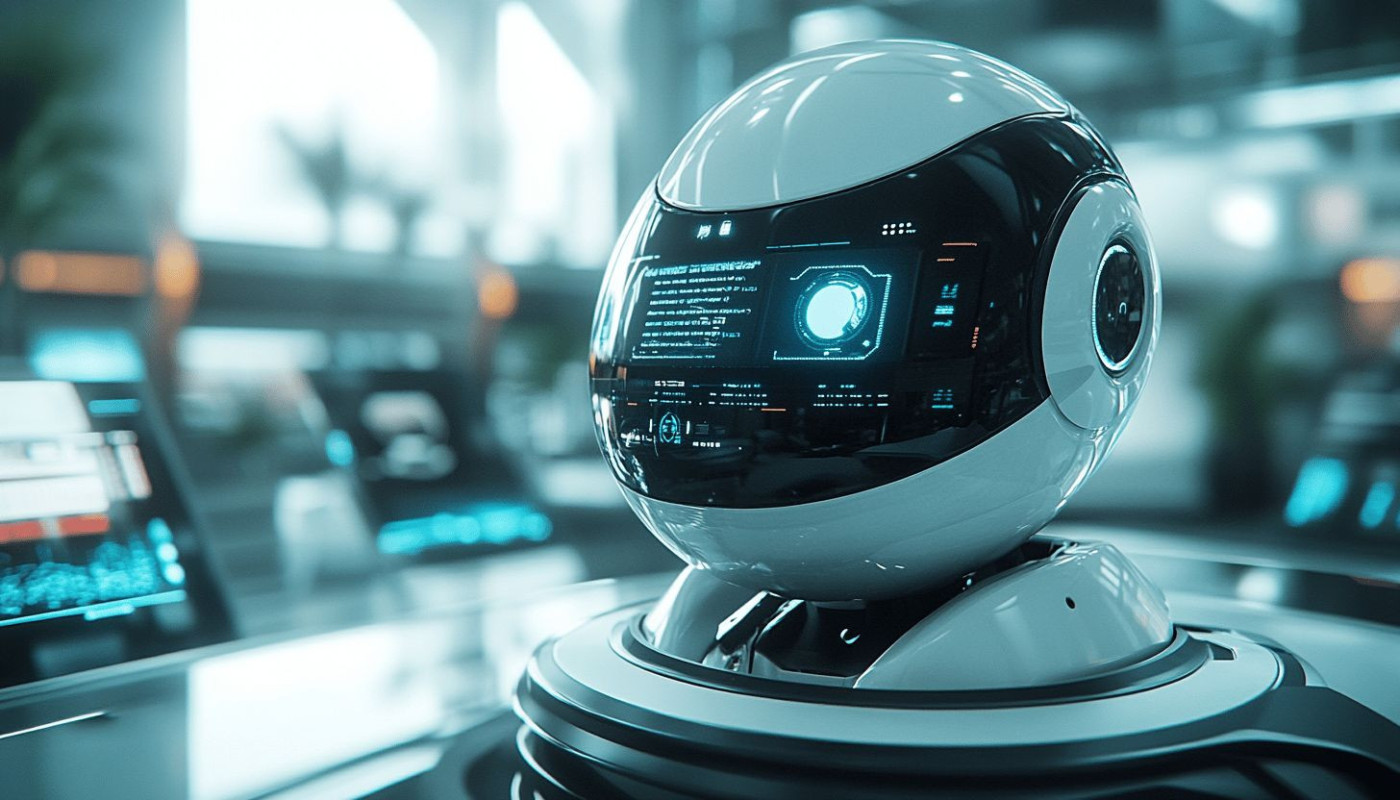Table of contents
In an era where digital interactions are increasingly shaping our daily lives, the rise of artificial intelligence has presented us with unprecedented opportunities to tackle some of the most pressing environmental issues. The integration of AI into various sectors has opened doors to innovative strategies for reducing carbon footprints, notably through the deployment of GPT chatbots. These advanced tools are not just revolutionizing customer service; they are also emerging as significant allies in the fight against climate change. This discussion delves into the environmental advantages offered by AI-powered chatbots, exploring how they can lead to a more sustainable future. It beckons you to unravel the layered benefits of this technology, which extend beyond convenience and efficiency. Embrace the potential of these digital assistants to catalyze a greener, cleaner world as we uncover the synergy between AI innovation and ecological consciousness. Let this exploration serve as a starting point for a deeper understanding of the role that such technologies can play in our collective environmental journey.
The Intersection of AI and Environmental Sustainability
In the realm of environmental protection, the integration of Artificial Intelligence (AI), particularly through chatbot technologies, is paving the way for a greener future. AI chatbots are at the forefront of driving AI efficiency, transforming industries by optimizing operations to be both energy-efficient and resource-conscious. Advanced data processing capabilities of AI enable it to analyze and interpret vast data sets, identifying patterns and anomalies that might otherwise go unnoticed. These insights empower businesses to optimize energy usage, streamline production, and minimize waste, directly contributing to sustainability goals. Moreover, machine learning algorithms are central to these advancements, constantly improving resource management strategies and operational workflows. The impact of AI on sustainability is profound, offering a powerful tool for industries to not only achieve economic gains but also to support the well-being of our planet.
Carbon Reduction Through Virtual Assistance
The rise of virtual assistance has marked a pivotal shift in how we approach work and client engagement, leading not only to greater efficiency but also to significant environmental benefits. With the integration of AI chatbots, telecommuting has become more accessible, allowing employees to contribute to projects without the need to travel physically, thereby reducing carbon emissions. Moreover, customer service has been transformed by online support, enabling businesses to resolve queries promptly without the added environmental cost of paper-based or in-person processes. This digital transition is instrumental in shrinking our collective carbon footprint. As more industries adopt virtual consultation services, the potential for a substantial decrease in greenhouse gases grows, underscoring the vital role of AI in fostering a more sustainable future. In this context, not only do these innovations serve the purpose of convenience, but they also align with the urgent need to address climate change.
In addition to these advances, sites stand as a testament to the far-reaching impact of AI chatbots in the realm of digital integration and environmental conservation.
AI-Driven Energy Management Solutions
At the forefront of environmental innovation, AI chatbots are becoming instrumental in revolutionizing energy management for both homes and businesses. With the integration of smart grids—electricity supply networks that intelligently integrate the actions of all users connected to it—these chatbots facilitate a more efficient use of energy. Through advanced algorithms and machine learning, they provide personalized advice, helping users to adjust their consumption patterns and take advantage of optimal energy usage times, leading to significant energy savings. By leveraging data from Internet of Things (IoT) devices, chatbots analyze real-time information from a multitude of sensors and appliances, enabling smarter decision-making that not only lowers costs but also yields considerable environmental benefits. As we stride towards a greener future, the role of AI in energy conservation becomes increasingly vital, underscoring the potential of technology to support sustainable living and corporate practices.
Educating the Public on Sustainability Practices
Amidst the rising concern for our planet, AI chatbots, empowered by natural language processing, are emerging as a transformative tool in the pursuit of environmental education. These educational chatbots serve as interactive platforms capable of informing individuals and businesses about sustainable practices. By engaging users in conversations about eco-friendly habits, these AI systems play a pivotal role in increasing environmental awareness. Moreover, they are instrumental in influencing behavior change toward more sustainable lifestyles. With the ability to disseminate information widely and interactively, AI chatbots are not merely digital assistants but are becoming allies in the global effort to promote a greener future. As society seeks innovative ways to address environmental challenges, the guidance from environmental educators or advocates familiar with AI communication tools becomes invaluable in ensuring that the chatbots' content is both accurate and impactful.
Future Prospects of AI in Environmental Protection
As we look toward the horizon of technological advancement, the future developments of AI, particularly in environmental protection, paint a promising picture. The evolution of AI is poised to play an increasingly pivotal role in the strategic planning required to address ecological challenges. Experts in futurism and those at the forefront of environmental sciences are particularly optimistic about the scale-up potential of AI chatbots. These advanced systems can be instrumental in carbon management, offering innovative solutions to monitor and reduce emissions across various industries. With the integration of predictive analytics, AI chatbots are expected to become more sophisticated in forecasting environmental impacts, enabling proactive measures rather than reactive responses to climatic crises. This anticipatory approach facilitated by AI could be a game-changer in our collective effort to safeguard the planet for future generations.
Similar

The Rise Of Simulation Games: Why They Captivate Millions

Exploring The Integration Of Conversational AI With Automation Platforms

How Continuous Improvement Strategies Shape Top Race Drivers

Comparing Digital And Paper Planners: Which Is Right For You?

How to pass an exam with the help of a ChatGPT?

